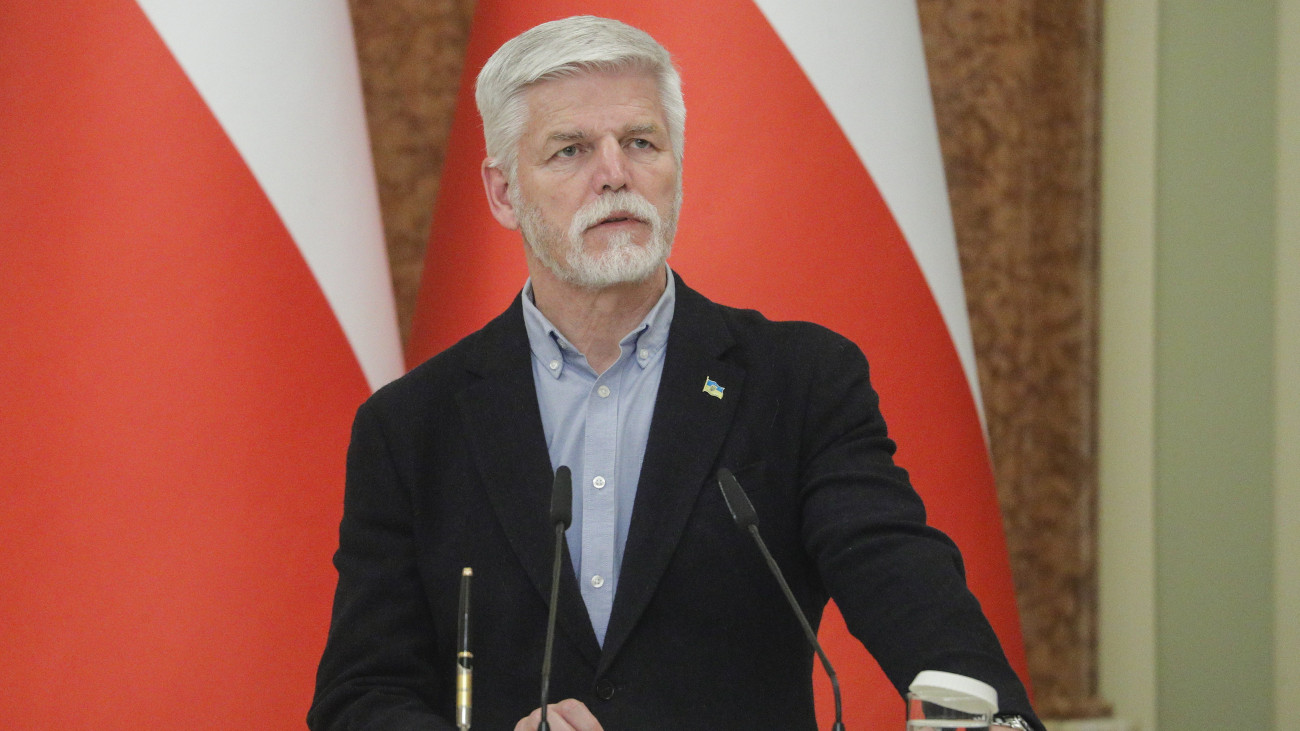When it comes to nature values, we all have different preferences. Professionally, what are the values of nature?
Simply put, we can distinguish between three main categories. The most obvious is that nature has instrumental values, meaning that we directly benefit from what nature provides us. But it also has values that come from a direct connection to nature. For example, the impact of nature on our mental health is one such attachment value. There are values of nature taken in itself, which come from the fact that there is simply a richness of species and habitats, that on the one hand is an ecological safety net behind us, and on the other hand, every living being has the right to exist.
We call this value classification in order to separate the different values that can be associated with nature. We recently investigated this topic within the framework of the Intergovernmental Science-Policy Platform on Biodiversity and Ecosystem Services (IPBES).
Esther Clement
Source: Eneko Rojek Hegedes
What is the essence of this organization?
It is a body that forms a bridge between politics and science. Its aim is to ensure that the best available scientific results can be integrated into biodiversity decision-making. The way the Platform works is that, from time to time, the Platform launches large-scale research processes where researchers can apply as participants if they are nominated by their government or an NGO. Among them, those whose knowledge is most relevant to the specific report topic are selected, and they are well represented in different scientific fields and geographical regions. This research group works for 3-4 years on a specific report, the results of which are presented to government representatives and members of the scientific community for comment. Finally, the report’s policy summary is discussed item by item, sentence by sentence, and accepted by government representatives in the platform’s plenary session. So the question itself starts with governments, and the answer to the research question also goes to governments – this is how the bridge I mentioned at the beginning between science and policy is formed, even though the work itself is done by government. Researchers, but in the end, there is still a co-creative process, where politicians think about and accept these research results. Thanks to this, it is hoped that IPBES reports will be more legitimate and more acceptable than a simple research report.

At the ninth plenary meeting of the Platform in 2022.
Source: Sunitha Subramanian
The last report they worked on was published in the summer of 2022, and in August of this year, an article based on it was published in one of the most respected scientific journals, Nature. What is the subject of the two articles? What question did they investigate? What are the main findings?
it’s you Platform report It is about the diversity of nature’s values and ways of evaluating them. This is a systematic report, which means that we have examined how nature values are currently assessed in the literature, what are the best methods available for doing so, and how the resulting assessments can be promoted to be taken seriously in policy decisions. the Article about nature In fact, it is a brief summary of this report, where we focused on the innovations that this survey brought to the platform. On the one hand, these novelties are of a theoretical nature, because we propose a new classification of value, and on the other hand, they are important from a methodological point of view. By value classification, I mean that if a reader were asked what the value of nature means to them, almost everyone would give a different answer. In science, we try to bring these various values related to nature together into some sort of system, thus defining the kind of values we usually associate with nature. We talked about this topic at the beginning of the interview.
Returning to the original question, we looked at this theoretical part of the topic and then looked at the methods currently available for conducting evaluation. But we also focus a lot on how these evaluation methods figure into today’s decision-making. Here we found shocking data that of the nearly 50,000 studies we reviewed, only 5 percent of those in which evaluation results were documented were included in the decision-making process.
Tehát hiába szeretnénk az értékeléssel a döntéshozókat segíteni egy jó döntés meghozatalában, a legtöbb értékelési folyamat nem ér el a megfelelő döntéshozókhoz, vagy nem kerül komolyan megfontolásra.
In light of this, much of our article focuses on this problem: we should change the system; Is the problem a lack of good and adequate evaluation methods, or is the problem larger in the way decision-making processes work and the way societal logic works?
Currently, the prevailing politics and economics is to try to increase the GDP and income of a given company. How can the values of nature be integrated into this system?
This is a very good question, and indeed one of the most fundamental questions for us. It is not interpreted narrowly in terms of just growth or GDP, but the current social and economic model is examined more generally – how does this growth-based economy work, and does it have room and place for natural values. Here we’ve found that the first and perhaps least painful solution is to do more and better reviews. But it is clear from my answer to the previous question that it is not certain that this will actually lead to better decision-making.
A somewhat more complex next step would be to create a place specifically in policy decisions where evaluations fit in and values can be integrated. For example, we make environmental impact assessments mandatory for all investments, and we take them very seriously.
This then leads to more profound change. If we transform the entire decision-making process, we allow more space for participation, democratic decision-making, and social justice issues to emerge. In this way these diverse values can be integrated into the decision-making process itself, not through study, but by transforming the decision-making process.
Finally, the most profound change may be to achieve change at the level of social norms and values. So, if you look at it this way, the answer to your question is that we need other, more complex indicators in addition to or even instead of GDP.
Instead of a growth-oriented economic model, there will be a need for an economic model that focuses on care – what we call the care economy – or an economic model that focuses on no growth – which in English is called degrowth. But all of this falls in the last two of the four steps mentioned above, meaning they require the greatest investment and the greatest effort to be achieved.
Interview conducted by: Balint Bagomi – bajomi.eu.












































